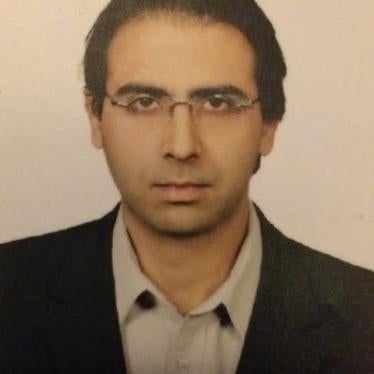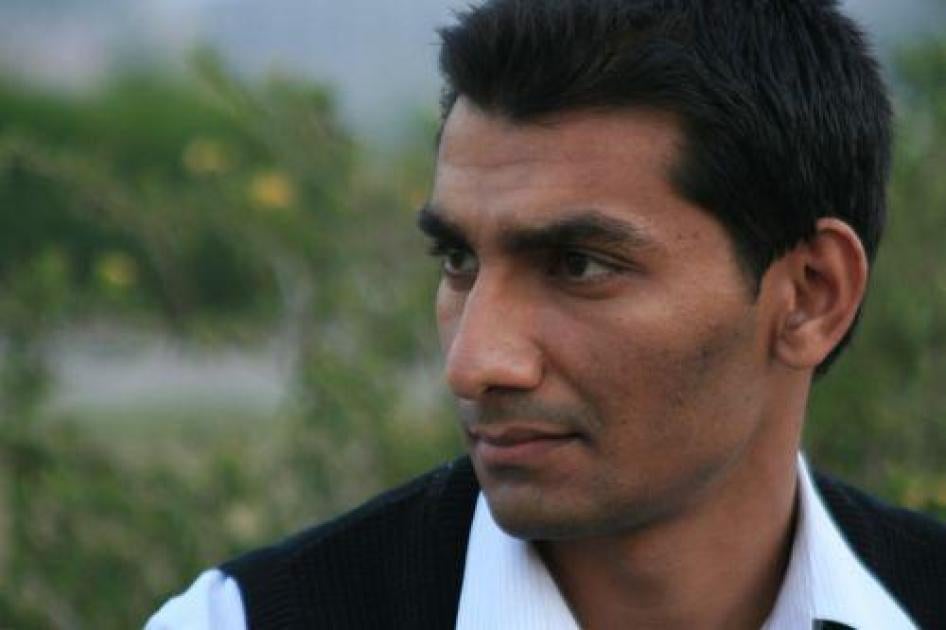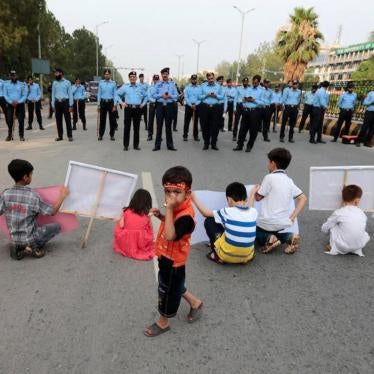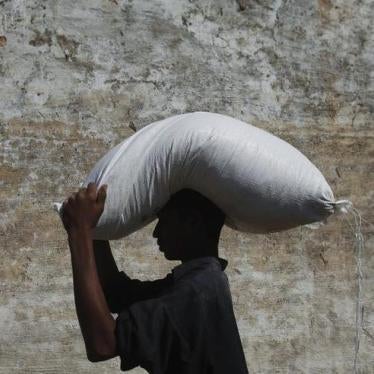On January 2, Pakistan’s judiciary transferred the blasphemy case against university professor Junaid Hafeez from one judge to another, the sixth time it has changed hands since his trial began. The delay in the case – it has been five years since Hafeez was first charged – is only the latest miscarriage of justice stemming from Pakistan’s abusive blasphemy law.
Hafeez, 33,was arrested on March 13, 2013 in Punjab province after a criminal case was registered accusing him of blasphemy. The charge is based on alleged comments posted on Facebook, which Hafeez denies. He has been in solitary confinement since his arrest.
Section 295-C of Pakistan’s penal code, known as the blasphemy law, carries what is effectively a mandatory death sentence. Although there have been no executions to date, at least 18 people are currently on death row, while another 20 are serving life sentences for related offences. Hundreds have been charged under the law. The law is increasingly used to jail and prosecute people for comments made on social media.
The delay in Hafeez’s case is just one example of the denial of a fair trial to those facing blasphemy charges. Asia Bibi, a Christian from Punjab province who became the first woman in the country's history to be sentenced to death for blasphemy in 2010, continues to languish in prison.
Blasphemy suspects often find it extremely difficult to find legal representation because of threats and violence against legal counsel. In May 2014, Rashid Rehman, a prominent human rights activist and the defense lawyer for Hafeez, was killed in his office in Multan. Rehman had earlier been threatened with “dire consequences” for defending Hafeez.
The government’s indifference to the abuses under the blasphemy law and the violence it provokes is discriminatory and violates rights to freedom of religion, belief, and expression. Hafeez’s case presents the government not only an opportunity to address the injustices of his trial by dropping the charges against him, but the blasphemy law more generally, by moving toward repealing it and sparing the many people whose lives the law has adversely and unfairly affected.










